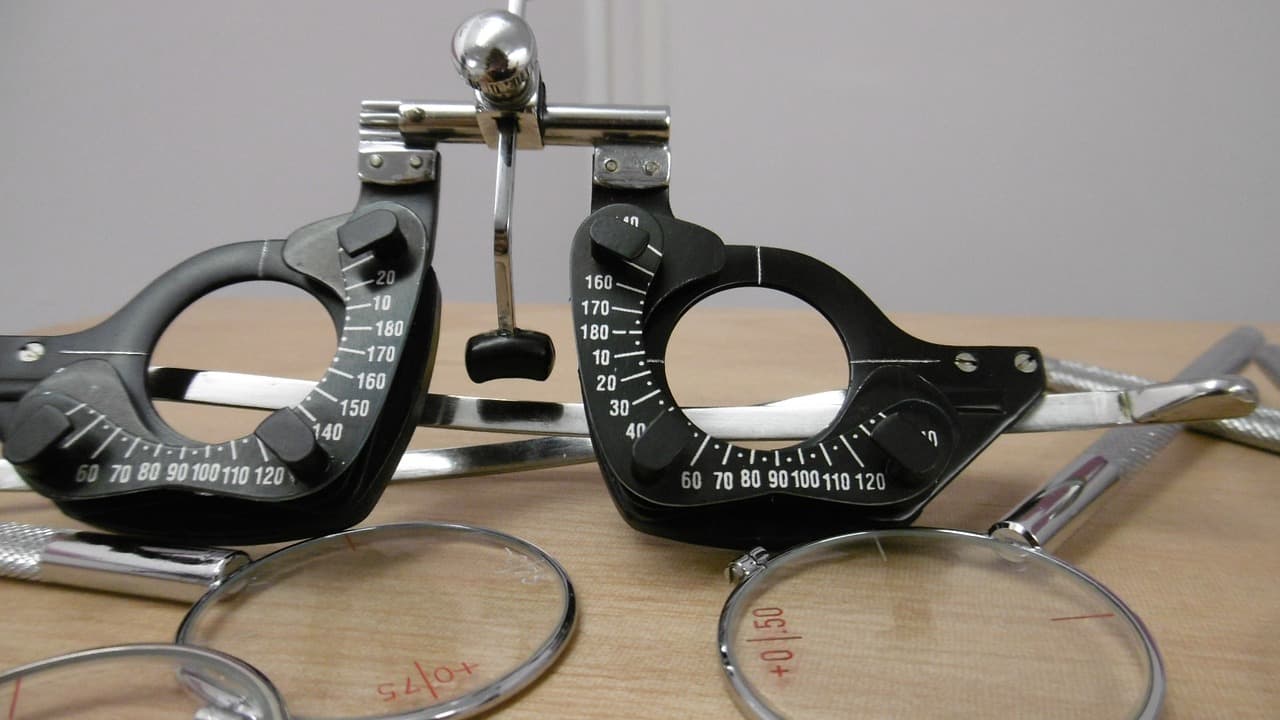Eye care negligence can have devastating consequences, from vision impairment to complete blindness. The question is, can technological advances in eye care help prevent such cases and improve patient outcomes? In this comprehensive article, we will explore this topic in depth, examining various aspects of eye care negligence and the potential role of technology in addressing it. We will also highlight how you can start a medical negligence claim.
Understanding Eye Care Negligence
Eye care negligence refers to substandard care provided by eye care professionals, such as ophthalmologists, optometrists, or opticians, which results in harm to the patient. This can occur due to misdiagnosis, delayed diagnosis, surgical errors, or improper prescription of glasses or contact lenses. The consequences of such negligence can be severe, impacting the patient’s quality of life and ability to function independently.
One notable case of eye care negligence in the UK involved a patient who suffered permanent vision loss due to a delayed diagnosis of glaucoma. The patient had visited an optometrist multiple times, complaining of blurred vision and headaches, but was not referred to a specialist for further evaluation. By the time the patient was diagnosed with glaucoma, the damage to their optic nerve was irreversible.
The Role of Technology in Eye Care
Technological advancements have revolutionized various fields of medicine, including eye care. From diagnostic tools to surgical techniques, technology has the potential to enhance the accuracy and efficiency of eye care, ultimately reducing the risk of negligence.
Diagnostic Tools
Advanced imaging techniques, such as optical coherence tomography (OCT) and fundus photography, allow eye care professionals to visualize the internal structures of the eye in detail. This can help detect early signs of eye diseases like glaucoma, macular degeneration, and diabetic retinopathy, enabling timely intervention and preventing further damage.
Surgical Techniques
Technological advancements have also led to the development of minimally invasive surgical techniques, such as laser surgery and cataract surgery using femtosecond lasers. These techniques offer several advantages over traditional surgery, including reduced risk of complications, faster recovery times, and improved patient outcomes.
Telemedicine
Telemedicine has emerged as a valuable tool in eye care, particularly in remote areas with limited access to specialists. It allows patients to consult with eye care professionals remotely, using video conferencing and other digital tools. This can facilitate early diagnosis and treatment, preventing the progression of eye diseases and reducing the risk of negligence due to delayed care.
The Limitations of Technology
While technology offers significant promise in improving eye care and preventing negligence, it is important to acknowledge its limitations. Technology is not a substitute for skilled and experienced eye care professionals. The interpretation of diagnostic results, the decision to perform surgery, and the management of complex eye conditions still require human expertise.
Moreover, not all eye care facilities have access to the latest technology. This can create disparities in care, with patients in underserved areas being at higher risk of negligence due to inadequate diagnostic and treatment options.
The Importance of Patient Education
Patient education plays a crucial role in preventing eye care negligence. Informed patients are more likely to recognize the early signs of eye diseases, seek timely care, and ask relevant questions about their treatment options. Eye care professionals should take the time to educate their patients about their eye health, the potential risks of eye diseases, and the importance of regular eye exams.
Patients should also be proactive in their eye care. This includes scheduling regular eye exams, even if they are not experiencing any symptoms, following their doctor’s recommendations, and reporting any changes in their vision or eye health promptly.
Making a Medical Negligence Claim with National Claims
At National Claims, we understand the devastating impact that medical negligence can have on your life and the lives of your loved ones. If you believe you or a family member has suffered harm due to substandard medical care, such as misdiagnosis, surgical errors, medication errors, or delayed treatment, we are here to help you by connecting you with a solicitor from our panel who will be able to assess your case.
Free Consultation
We recognise that every medical negligence case is unique, and we’re here to offer you a free, no-obligation consultation to discuss your specific situation. During this consultation, we’ll listen attentively to your experience, and assess the potential strength of your claim. Our team will then connect you with a qualified solicitor from our panel who specialises in medical negligence claims, ensuring that you receive the expert legal representation needed to pursue your case effectively.
*Customers pay up to 25% (incl. VAT) of the amount recovered towards solicitor costs and if you cancel outside your cooling off period, you may be charged a fee.
Contact us today to speak to one of our claims agents who will be able to help you get started on your claim.
Click below to see why we are one of the most trusted claims management companies in the UK.

We’re proud of our excellent customer reviews
We thrive on delivering exceptional service and ensuring our clients’ satisfaction. Don’t just take our word for it. Check out some of our independent reviews to see what our clients have to say.
Excellent

This firm is excellent, they sorted out my car pay out and injury claim very fast, they always communicate with you all the time.

My accident case was dealt with confidence and with great result of the outcome, especially James kept me informed all the time.

I was very impressed at the way my inquiry was treated. I was listened to attentively and everything I needed to know was explained to me.






